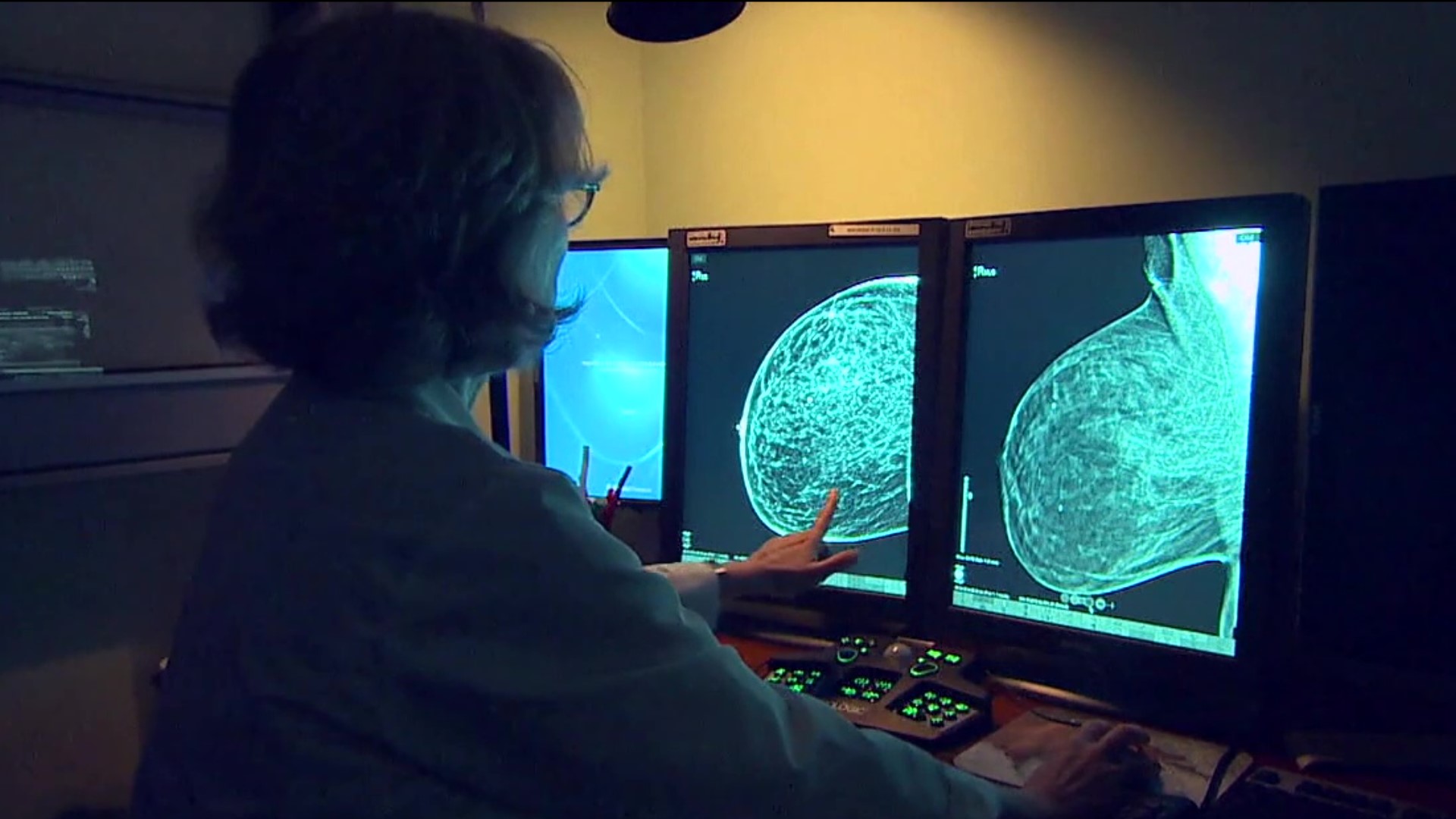DANVILLE, Pa. — Health screenings are important to identify cancers at the earliest stage possible. The earlier cancer is caught, the greater the chance is for a better outcome. What screenings you need depends on your age, gender, lifestyle habits, and family history.
"The first thing you have to ask yourself is, 'Do I have any family members that were diagnosed with breast cancer?' Especially if you have a sister, a mother, a grandmother," said Dr. Dhwani Pandya, a hematologist oncologist at Geisinger.
Dr. Pandya says that when it comes to breast cancer, the age you start getting screenings depends on your family history. That age is typically 40.
For prostate cancer, discussions usually start around the age of 50.
"Whether or not it would be a good idea to simply do an examination or combine that with a blood test called a PSA, which sometimes can be helpful in guiding the next step to determine if a cancer diagnosis exists."
Dr. Pandya says an increasing number of patients are being diagnosed with colon cancer, particularly in people under the age of 40.
"The first thing to ask is, 'Do you have any family members that have been diagnosed with colon cancer?' Particularly for our population in the African American group in the nation, we are seeing a higher number."
The average age for colon cancer screenings is 50, but depending on risk factors, you may need to be screened at 40.
Cervical cancer screenings are done in the form of pap smears, usually starting at the age of 21.
When it comes to lung cancer screenings, that is reserved for patients who specifically have a history of smoking.
"That means you should start with a once-a-year low-dose CT scan of your lung that can detect any kind of a cancerous growth that can lead to a long-term outcome."
It's important to learn your family history and use that information to talk to your doctor.
More information from Geisinger is available HERE.

